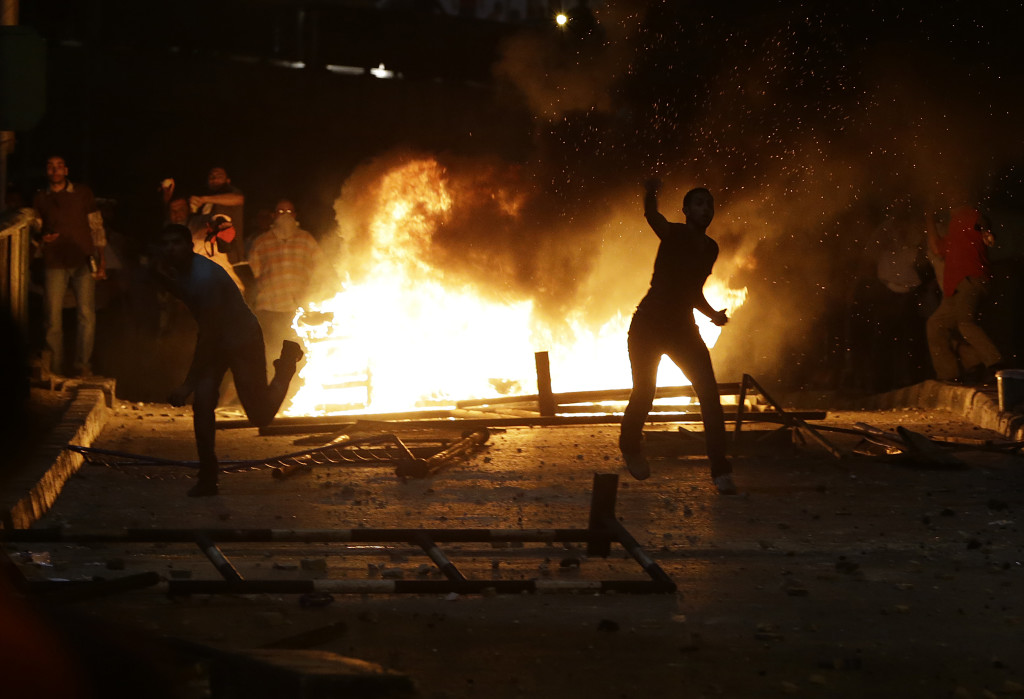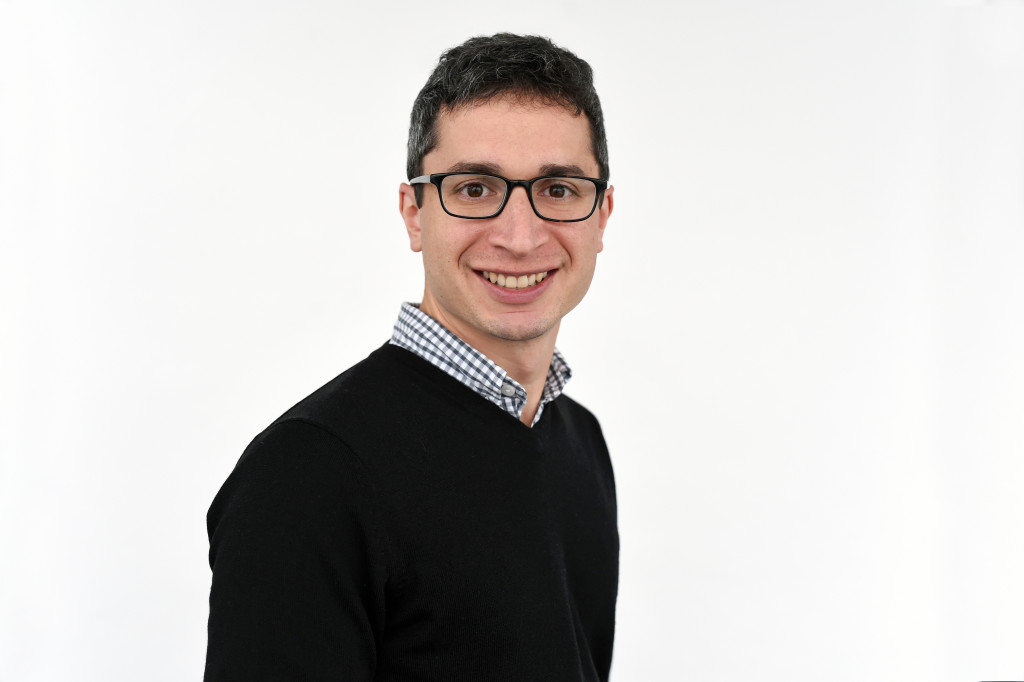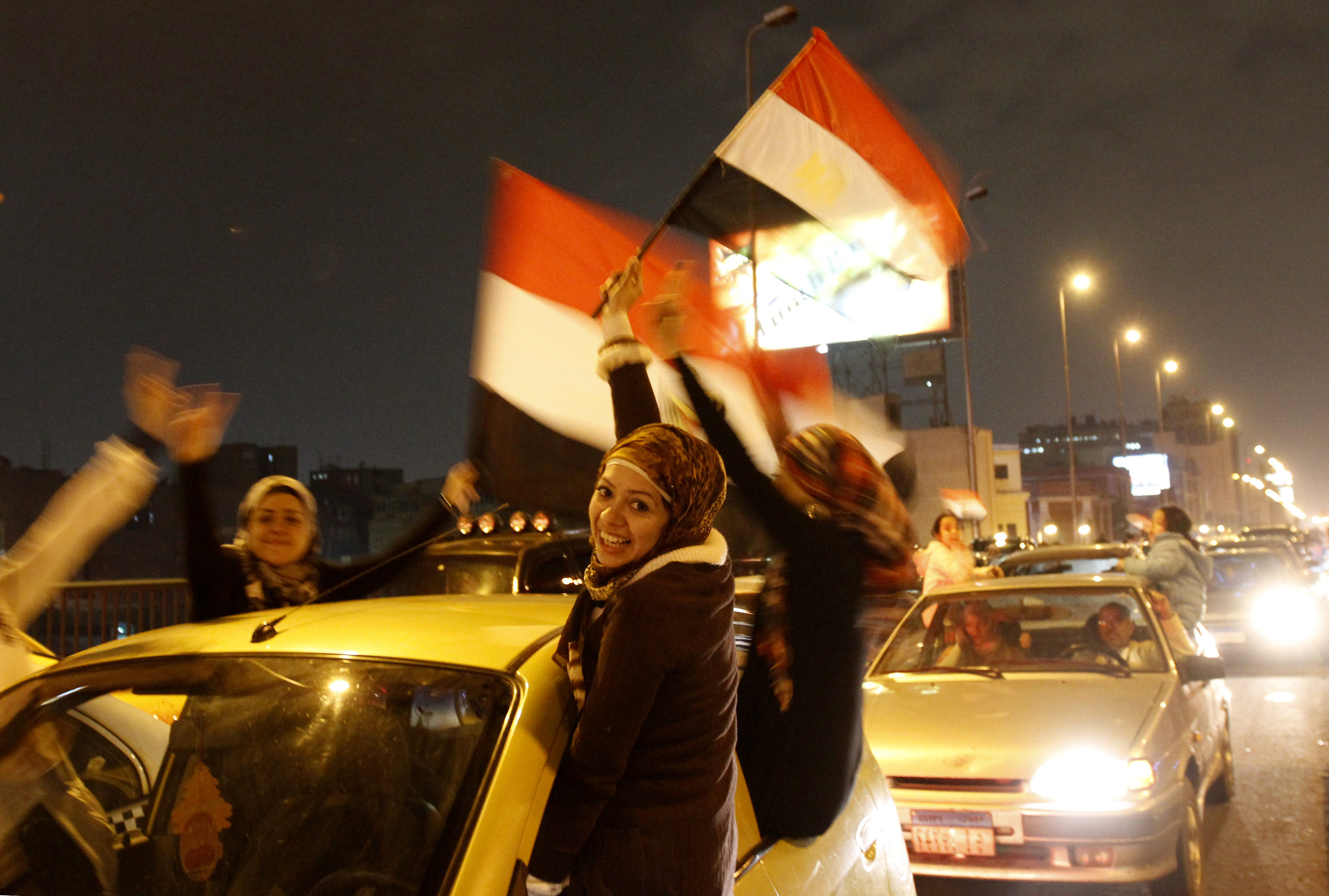Who’s Who In Egypt’s Widening Political Divide?

July 17, 2013
Share
The continuing political unrest in Egypt has further widened divisions within the nation — tensions that on Monday resulted in deadly clashes between riot police and members of the Muslim Brotherhood.
Last night, GlobalPost’s Charles M. Sennott — part of the FRONTLINE team that captured this footage of Monday’s clash — spoke with the PBS NewsHour about the ongoing volatility (video below).
The July 3 ouster of President Mohamed Morsi has split Egypt into two factions, Sennott told the NewsHour‘s Ray Suarez.
“One of the things we are hearing a lot about are families that are deeply divided on what was the right thing to do here,” said Sennott.
On one side, are supporters of the Muslim Brotherhood.
“They say very openly that they are organizing these marches as a way to protest what they see as a military coup,” said Sennott.
The other side is much harder to define, but broadly speaking, is represented by millions of people who believe Egypt is better off without Morsi. As Sennott explained:
… the other side is a big collection of broad groupings of secular, some religious and others who believe we have to move forward with this democracy, and to do that we need new elections and we need to elect a new president.
The only apparent point of agreement between both factions, said Sennott, is that the United States is at least partly to blame for the turmoil.
“The Muslim Brotherhood will say the United States gave a green light to the military coup, as they would define it,” said Sennott. “On the other side, they say that the United States gave too much deference to Morsi, that they were supportive of his government, even as so many here feel it was failing, it was failing on economy, it was failing on security.”

Related Documentaries
Latest Documentaries
Related Stories
Related Stories
Explore
Policies
Teacher Center
Funding for FRONTLINE is provided through the support of PBS viewers and by the Corporation for Public Broadcasting, with major support from Ford Foundation. Additional funding is provided the Abrams Foundation, Park Foundation, John D. and Catherine T. MacArthur Foundation, Heising-Simons Foundation, and the FRONTLINE Trust, with major support from Jon and Jo Ann Hagler on behalf of the Jon L. Hagler Foundation, and additional support from Koo and Patricia Yuen. FRONTLINE is a registered trademark of WGBH Educational Foundation. Web Site Copyright ©1995-2025 WGBH Educational Foundation. PBS is a 501(c)(3) not-for-profit organization.





















